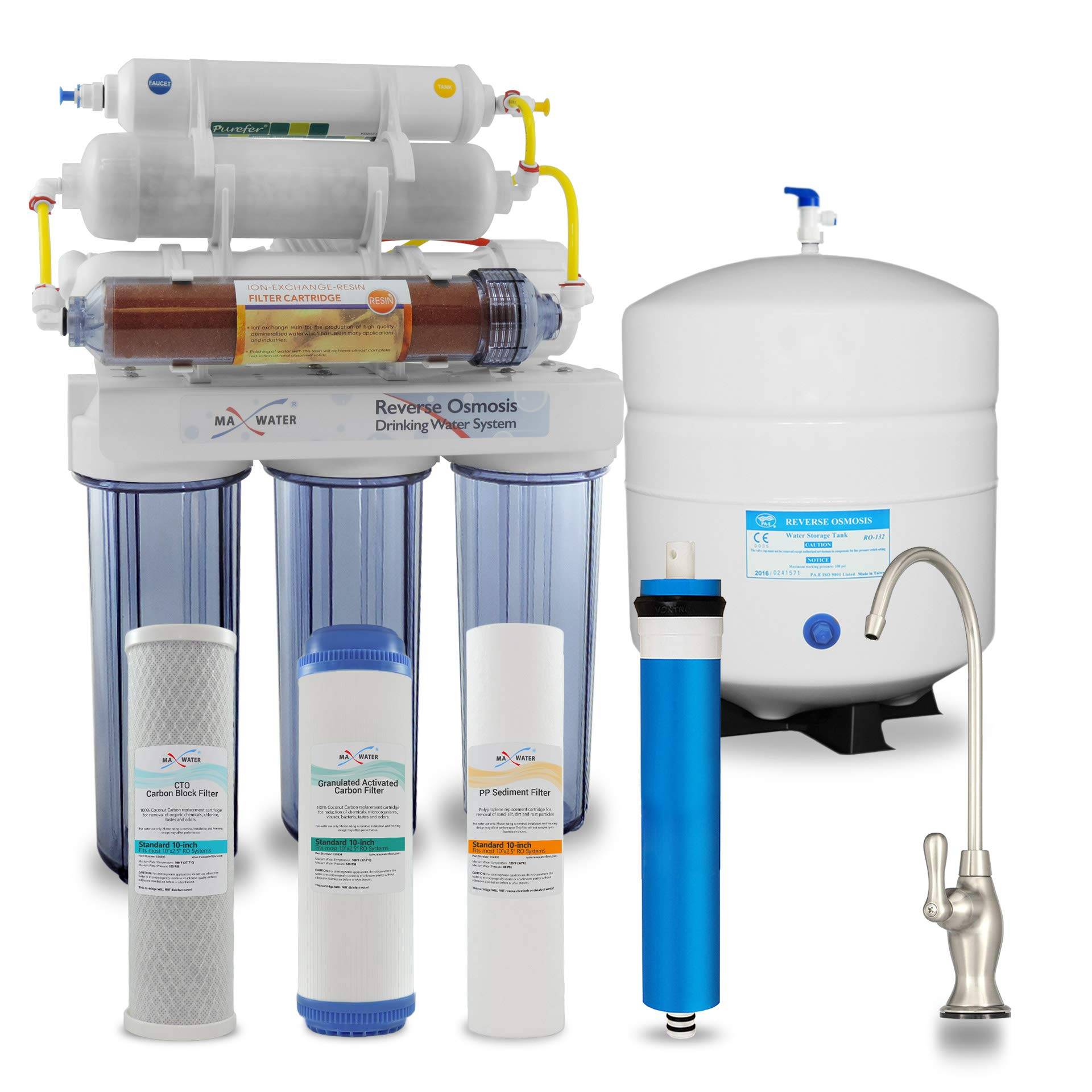There are so many businesses that rely on high quality water for their operations and, if yours is one of them, you may have encountered the question as to whether you’d benefit from implementing a reverse osmosis system. The truth is, most operations would indeed benefit from one, not only in terms of basic performance of their equipment but also its longevity, efficacy and running costs.
But for a small business, the cost of installing a reverse osmosis system may need to be weighed up – so it’s not always quite as simple as accepting that you should have one and throwing cash at it. You must be convinced that it’s going to offer genuine and measurable benefits, and that means understanding not only if you need one, but why.
Does Your Business Need a Reverse Osmosis System?
In a nutshell, RO is a method of water purification, so anyone running a business or operation in an industry that requires the use of high quality water instantly qualifies as a ‘yes’. This can be anything from those involved in medical and pharmaceutical production, to the food and beverage industry, aerospace, automotive and various other manufacturing – just to name a few.
How Will I Know What RO is Right?
This is definitely an area where it pays to let the experts do their job, because the number and range of reverse osmosis systems can be confusing at best and overwhelming at worst. The two main things you will need to consider are:
The size of your operation The quality of water required
While you may be able to answer those questions superficially, enlisting an expert to come in and assess your operation will afford you the vital data to help you make an informed choice. Some of the most important questions they should answer for you include:
The flux rate (how fast the feed water will pass through the system – this is based on your individual requirements) Whether the proposed system can support additional pumps if needed Whether clean in place (CIP) is possible and any associated costs What kind of functionality of instrumentation is there to measure flow, pressure, performance etc.
What About the Downsides?
Every process, no matter how effective, has its downsides. In the case of RO the main challenge/disadvantage is the volume of water wastage that occurs as a result of the process. This happens simply due to the amount of feed water that is prevented from passing through the membrane, which retains the dissolved minerals from the original input. This can be up to a quarter of the volume of the original feed water and, while simply by the nature of the reverse osmosis system it cannot be avoided entirely, it can certainly be reduced by altering the concentration of the feed or the addition of other treatment stages.
Only you can decide how important and relevant water purification is to the operations of your business, but it can certainly help to speak to an expert to help you navigate through the minefield. Make sure you choose a company that not only offers high-quality products, but also provides an accessible and reputable after sales service.
Author Plate Sean Clifford is an advisor at AllWater Technologies Ltd, a wholly independent company providing consultation and water treatment equipment, including reverse osmosis system and effluent treatment plant options. Bringing together a host of experience and specialist knowledge, the company is committed to building and maintaining long-term relationships and creating maximum value and benefit for their customers.


